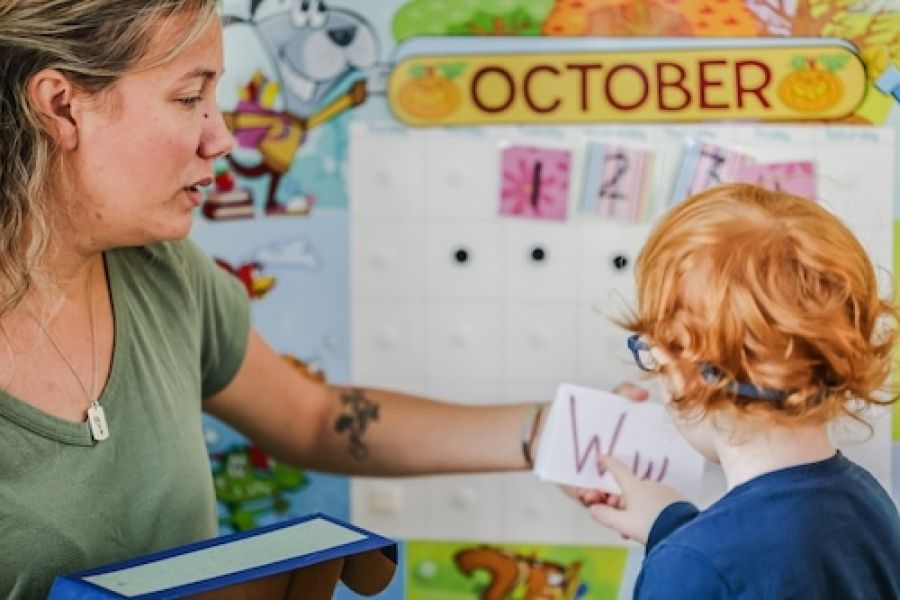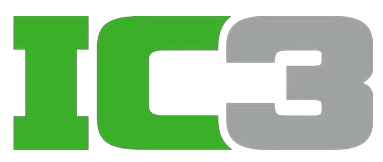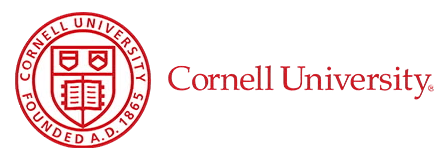Early Childhood
This program is designed to give you the skills and knowledge to enter the workforce immediately upon graduation.
What You'll Learn
Prepare to educate, lead, and inspire the next generation of learners.
Gain the tools to guide young children’s development through creative, inclusive, and evidence-based teaching methods. You’ll put your learning into practice through classroom and childcare experiences that build confidence and compassion. When you complete the program, you’ll be ready to work in preschools, childcare centers, or early education support roles—or continue toward teacher certification.
You'll get internship experience with three different age groups: Infants, Toddlers, and Pre-K.
Where You’ll Go

Education and Childcare Administrators, Preschool and Daycare
- Confer with parents and staff to discuss educational activities and policies and students' behavioral or learning problems.
- Monitor students' progress and provide students and teachers with assistance in resolving any problems.
- Recruit, hire, train, and evaluate primary and supplemental staff and recommend personnel actions for programs and services.
- Teach classes or courses or provide direct care to children.

Preschool Teachers
- Teach basic skills, such as color, shape, number and letter recognition, personal hygiene, and social skills.
- Provide a variety of materials and resources for children to explore, manipulate, and use, both in learning activities and in imaginative play.
- Establish and enforce rules for behavior and procedures for maintaining order.
- Serve meals and snacks in accordance with nutritional guidelines.

Teaching Assistants
- Supervise students in classrooms, halls, cafeterias, school yards, and gymnasiums, or on field trips.
- Tutor and assist children individually or in small groups to help them master assignments and to reinforce learning concepts presented by teachers.
- Enforce administration policies and rules governing students.
- Instruct and monitor students in the use and care of equipment and materials to prevent injuries and damage.
Salary information presented are estimates and can be different for each individual based on education, experience, and the specific employer. Labor market data is based on 2025 estimates derived from Lightcast (Career Coach | Lightcast)
The careers listed above are just a starting point. Our programs mix together important concepts and hands-on skills—but that doesn’t mean your future has to follow the same script. Find out more at Career Exploration & Support.



Program Requirements
To graduate [ 62-64 credits + 2.0 GPA or higher ]
| Course ID | Course Name | Credits | Minimum Grade |
|---|---|---|---|
| ENGL098 | Accelerated Writing Skills for ENGL 100 | 3 |
| Course ID | Course Name | Credits | Minimum Grade |
|---|---|---|---|
| ECHD110 | Children and the Arts | 3 | |
| ECHD125 | Intro to Early Childhood Education | 3 | |
| ENGL100 | Academic Writing I | 3 | |
| or | A student exempt from ENGL100 must substitute a three-credit unrestricted elective. The course should be in consultation with the student’s advisor. | ||
| PSYC103 | Introduction to Psychology | 3 | |
| or PSYC103H | Introduction to Psychology-Honors | 3 | |
| SUNY GE #3 Mathematics | Mathematics | 3 - 4 |
| Course ID | Course Name | Credits | Minimum Grade |
|---|---|---|---|
| ECHD225 | Early Childhood Curriculum Development | 3 | |
| ENGL101 | Academic Writing II | 3 | |
| or ENGL101H | Academic Writing II-Honors | 3 | |
| HSTY201 | American History to 1877 | 3 | |
| or HSTY201H | American History to 1877--Honors | 3 | |
| or HSTY202 | American History Since 1877 | 3 | |
| or HSTY202H | American History Since 1877--Honors | 3 | |
| EDUC270 | Introduction to Special Education | 3 | |
| SUNY GE #4 Natural Sciences | Natural Sciences | 3 - 4 |
| Course ID | Course Name | Credits | Minimum Grade |
|---|---|---|---|
| ECHD206 | Infant/Toddler Environments & Curriculum | 4 | |
| ENGL102 | Approaches to Literature | 3 | |
| or ENGL102H | Approaches to Literature-Honors | 3 | |
| ENGL201 | Public Speaking | 3 | |
| or ENGL201H | Public Speaking - Honors | 3 | |
| or ENGL204 | Interpersonal Communication | 3 | |
| or ENGL210 | Intercultural Communication | 3 | |
| PSYC205 | Childhood Psychology | 3 | |
| SOCI101 | Introduction to Sociology | 3 | |
| or SOCI101H | Introduction to Sociology-Honors | 3 |
| Course ID | Course Name | Credits | Minimum Grade |
|---|---|---|---|
| ECHD240 | Tech for Observing & Rec Young Child Dev | 3 | |
| ECHD242 | Guided Field Work - Early Childhood Educ | 4 | |
| or ECHD242H | Guided Field Work Early Child Honors | 4 | |
| ENGL220 | Literature for Children | 3 | |
| SUNY GE #7 The Arts | The Arts | 3 | |
| or | An applied ART class is recommended, such as ART 115, ART 120, ART 123, or ART 124. | 3 | |
| UNRE ELEC | Unrestricted Elective | 3 |
| Transfer School Sort descending | Transfer Program |
|---|---|
Transfer School: Hobart and William Smith Colleges |
Transfer Programl: Multiple Programs |

Student & Faculty Stories
On this page
Attend a Discovery Day!
Curious about TC3? Discovery Days give you an inside look at our campus, programs, and an opportunity to connect with the staff and faculty who are here to support you. Click the link below to register for ourPsychology, Education, and Criminal Justice Discovery Day!
Take on as much (or as little) as you want. Our microcredentials and certificates provide you with credits to apply to 2-year programs – when you’re ready!